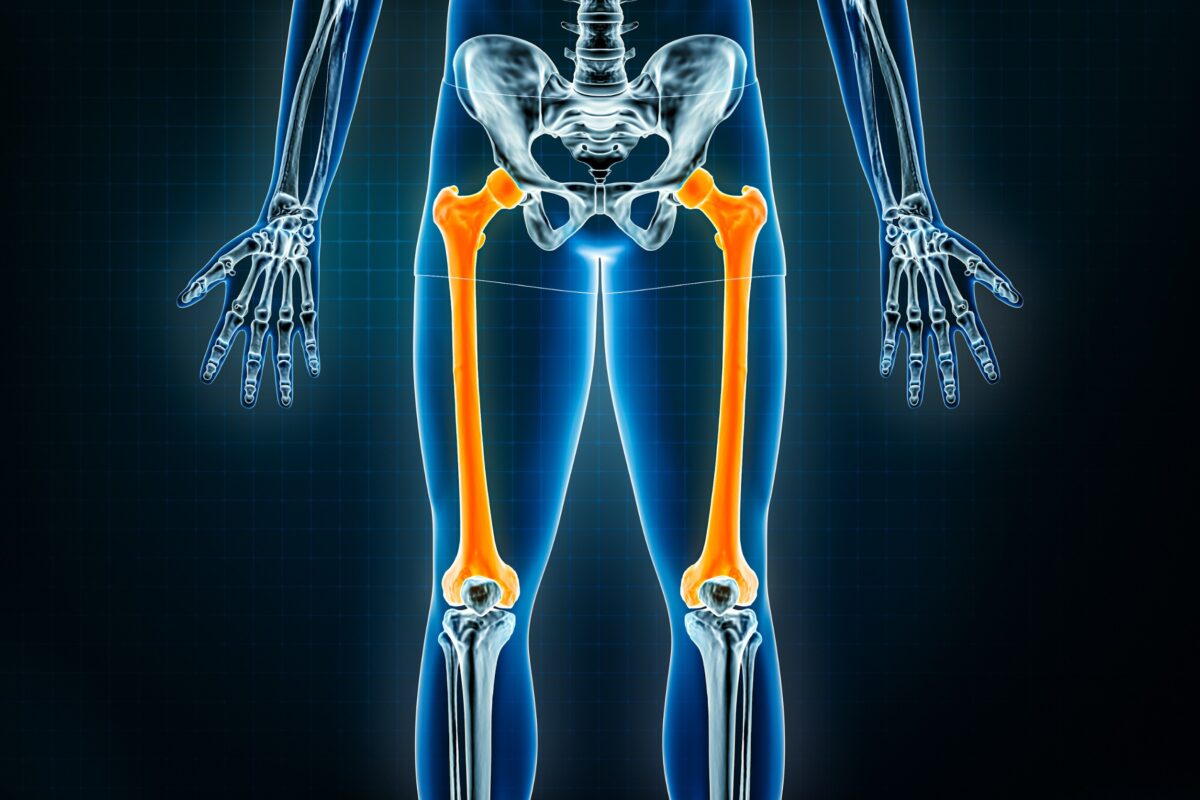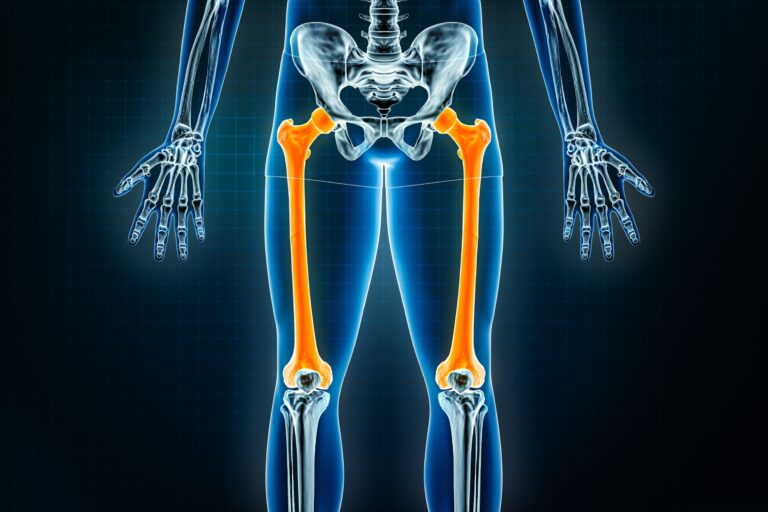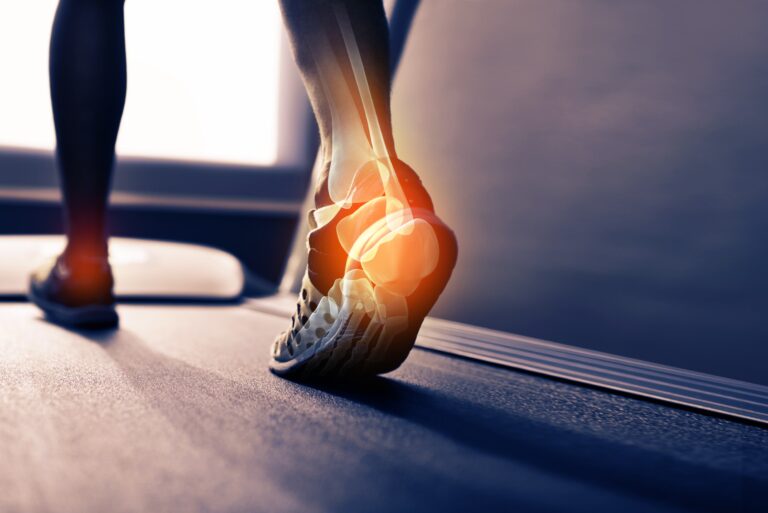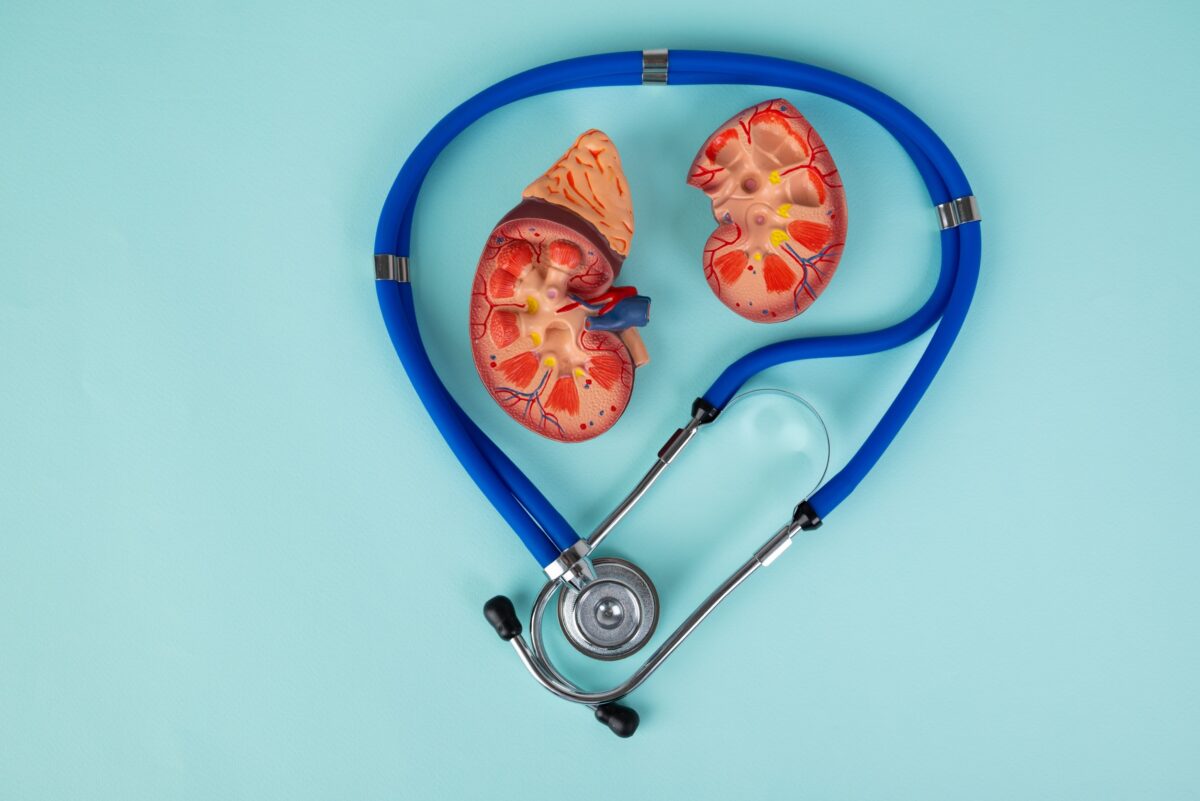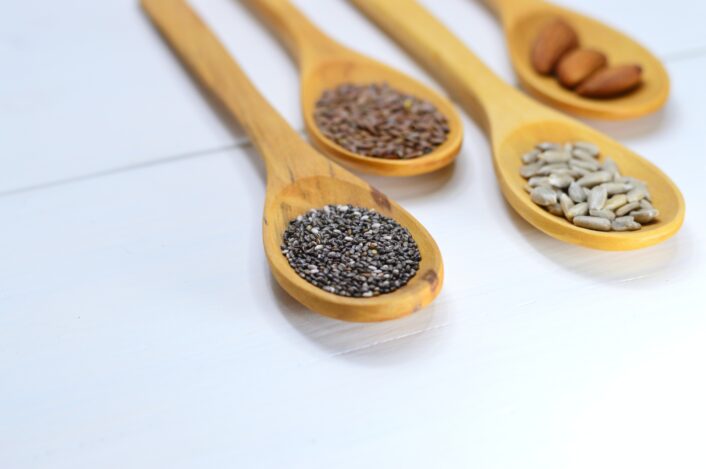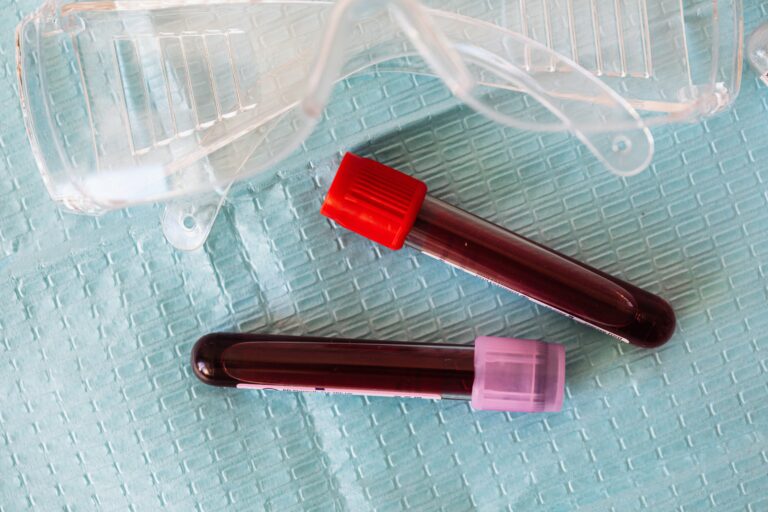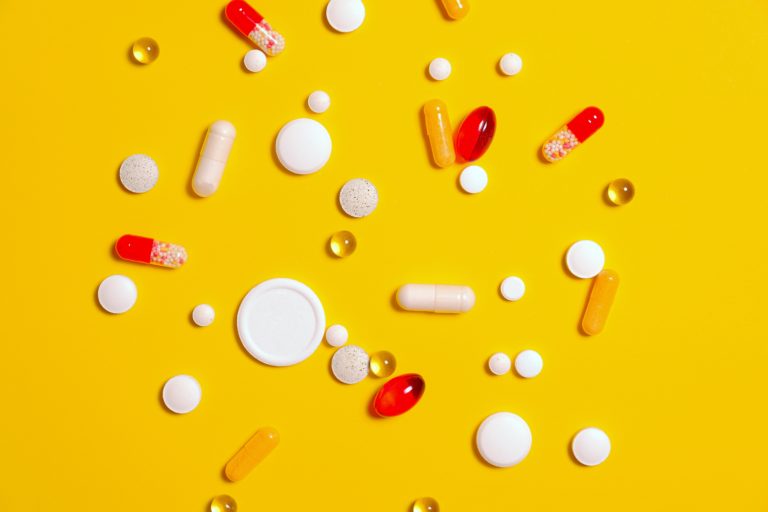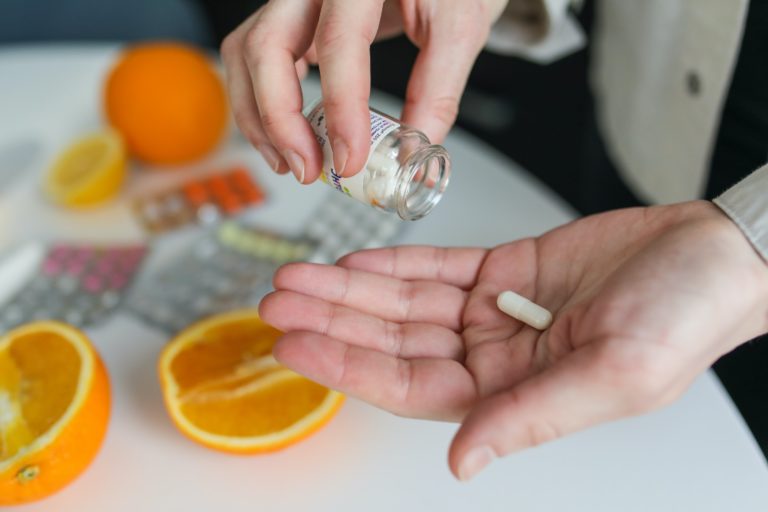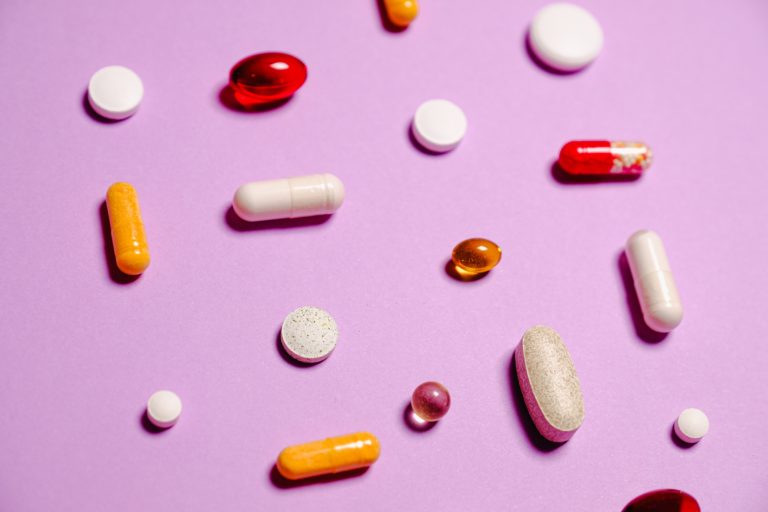Testosterone Genetics: Insights into Male Hormonal Traits
Aira
on
October 9, 2023
What is Testosterone?
Overview
Contrary to popular belief, testosterone is present in both males and females, albeit in different quantities. This hormone is a vital hormone primarily associated with male reproductive and sexual development. This steroid hormone belongs to a class of hormones known as androgens and plays a multifaceted role in the human body.
While the ovaries produce some testosterone in females, the testes are the main site of production in males. In addition, both genders’ adrenal glands provide a small but significant contribution to the creation of testosterone.
Male testosterone levels rise during adolescence, which causes the emergence of secondary sexual traits such as facial hair growth, voice deepening, increased muscle mass, and the development of the cartilage that covers the front of your larynx or your “Adam’s apple.” Additionally, it supports the development and upkeep of the prostate and other male reproductive organs.

Testosterone Beyond the Reproductive System
In addition to helping in sexual development, testosterone has a variety of other purposes in the body. It is essential for general physical strength and health since it plays a significant part in preserving bone density and muscle mass. Low levels of testosterone have been linked to symptoms including weariness and sadness. Testosterone also affects mood and cognitive abilities.
A person’s total energy levels and endurance can be impacted by the regulation of red blood cell synthesis (erythropoiesis), which is one of the functions of testosterone. Testosterone also contributes to the preservation of a healthy metabolism, affects how fat is distributed and might have an impact on overall body composition.
Both men and women experience a fall in testosterone levels as they age, a process known as andropause in males or menopause in women. Reduced libido, erectile dysfunction in males, and both sexes, decreased muscle mass, increased body fat, and mood problems, are just a few of the symptoms that can result from low testosterone levels.
Patients with definite medical disorders or hormone deficits may be prescribed testosterone therapy in medical settings. However, because overuse or abuse of such treatments might have negative effects, it is imperative to utilize them under the guidance of a skilled healthcare practitioner. For sustaining general health and energy throughout one’s life, keeping well-regulated testosterone levels is essential.
What Causes the Production of Testosterone?
Numerous factors, including biological and environmental aspects, have a substantial impact on testosterone levels in the human body. A person’s living circumstances can have an impact on the carefully controlled systems that produce and regulate testosterone.
Men’s testosterone levels are influenced by age, smoking, and obesity and are linked to cardiovascular disease, osteoporosis, and mortality. While age and genetic variables affect testosterone levels at rest, additional elements like lifestyle, nutrition, exercise, stress, and particular medical problems can either increase or decrease testosterone production.
It is crucial to know the reasons behind testosterone fluctuations because imbalances can cause a variety of health problems, including sexual dysfunction, mood swings, and changes in bone and muscle mass.
Genetic Factors
Multiple genes and complex genetic markers are connected to testosterone levels and how they affect the body. No single “testosterone level gene” exists, although several genetic variables can affect testosterone production, control, and sensitivity.
Sex Hormone-Binding Globulin (SHBG)
Significant variations in testosterone levels and an increased risk of low testosterone are linked to several genetic variations in the SHBG gene locus on chromosome 17. The first SHBG polymorphism to be identified, rs6258, affects how much testosterone binds to SHBG and how much is present as free testosterone.
SHBG is a protein that binds to several sex hormones, including testosterone, in the bloodstream. Genetic variations in the SHBG gene can affect the level of SHBG produced, thereby influencing the amount of free, biologically active testosterone available to the body. An SNP in SHBG rs1799941 is a particularly studied one and is included in LifeDNA’s male testosterone report.
FAM9B
Polymorphism at FAM9B (rs5934505) on the X chromosome is also linked to testosterone levels.
SRD5A2 Gene
The SRD5A2 gene encodes an enzyme called 5-alpha reductase type 2, which is responsible for converting testosterone into its more potent form, dihydrotestosterone (DHT). Genetic variations in this gene can affect the rate at which this conversion occurs, potentially influencing the development of secondary sexual characteristics and hair growth.
Androgen Receptor (AR) Gene
The AR gene codes for the androgen receptor protein, which is responsible for binding to testosterone and DHT, allowing them to exert their effects on various tissues in the body. Genetic variations in the AR gene can influence how sensitive an individual’s tissues are to these hormones, impacting traits such as muscle development and hair growth.
CYP19A1 Gene
This gene encodes the enzyme aromatase, responsible for converting testosterone into estradiol, a form of estrogen. Variations in the CYP19A1 gene can influence the balance between testosterone and estrogen in the body, impacting traits like bone density and fat distribution.
FSHB and LHCGR Genes
Follicle-stimulating hormone (FSH) and luteinizing hormone (LH) are crucial for regulating testosterone production in the testes. Genetic variations in the FSHB and LHCGR genes can affect the sensitivity of the testes to these hormones, ultimately influencing testosterone levels.
Genetics is just one factor, but various genetic markers can affect testosterone levels and their effects on the body. A person’s hormonal profile is, however, greatly influenced by their lifestyle choices, environmental influences, and general health.
Non-Genetic or Environmental Factors
The levels of testosterone in both men and women can be dramatically influenced by environmental variables. These variables cover a wide spectrum of lifestyle, nutritional, behavioral, and environmental aspects that can influence hormonal balance and increase or reduce testosterone production.
Age
With age, testosterone levels naturally decrease. Beginning in their late 20s to early 30s, men normally undergo a progressive reduction in testosterone, which persists as they age.
Diet and Nutrition
The amount of testosterone can be affected by dietary choices. To produce testosterone at its highest level, a diet rich in critical minerals including zinc, vitamin D, and healthy fats is recommended. Contrarily, a diet high in processed foods, sweets, and binge drinking can have a deleterious impact on hormone balance.
Physical Activity
Regular exercise can increase testosterone production, particularly strength training and high-intensity interval training. Conversely, leading a sedentary lifestyle may result in reduced testosterone levels.
Stress
The production of testosterone can be inhibited by ongoing stress and high levels of cortisol. These effects might be lessened with the aid of stress management practices like mindfulness and meditation.
Obesity
Increased levels of aromatase, an enzyme that changes testosterone into estrogen, can be brought on by excess body fat, particularly visceral fat. Lower testosterone levels in both men and women may result from excess weight.
Sleep and Rest
Poor quantity or regularity of sleep can affect testosterone levels negatively. Good hormonal balance depends on a regular sleep pattern with adequate sleep time.
Medications and Health Conditions
Opioids and corticosteroids are two drug groups that can have an impact on testosterone production. Hormonal imbalances can also be influenced by underlying medical problems like diabetes and metabolic disorders.
Chronic Illness and Trauma
The body’s capacity to produce testosterone may be negatively impacted either momentarily or permanently by serious illnesses, operations, or physical damage.
These variables may interact and differ from one person to the next. For instance, the combined effect of chronic stress and obesity can have a greater effect on testosterone levels than each cause acting alone.
People can improve their testosterone levels and general health by leading a healthy lifestyle, controlling their stress, and consulting a doctor as needed. Consulting a healthcare provider to ascertain the underlying causes and suitable remedies is advised if someone suspects they have a hormonal imbalance.
Is Testosterone Present in Everyone?
Despite being usually identified with men, testosterone is a hormone that affects both sexes equally. Although testosterone levels in men tend to be much higher than in women, both sexes generate this vital hormone, albeit in different amounts and with slightly different physiological effects.
The principal site of testosterone production in males is the testes, which are also crucial in the puberty-related development of secondary male sexual traits. This entails the voice becoming deeper, the development of facial and body hair, an increase in muscle mass, and the enlargement of the Adam’s apple. Testes and the prostate, two male reproductive organs, are supported in their maintenance by testosterone.
Low amounts of testosterone are produced by the ovaries in females, which helps women to maintain a healthy overall hormonal balance. Testosterone helps women retain their sex desire, muscle mass, and bone density. But compared to men, the levels are substantially lower. The amount and effects of testosterone differ across the sexes, yet it is essential to both male and female physiology, affecting overall physical growth, as well as general health and well-being.
What are the Benefits of Balanced Testosterone Levels?
Balanced testosterone level offers a multitude of benefits for both men and women, influencing various aspects of physical, mental, and emotional health.
Muscle Mass and Strength
Testosterone encourages the synthesis of muscle proteins, which is essential for gaining and preserving lean muscle mass. A healthy testosterone balance can improve athletic performance and muscle strength.
Bone Density
In maintaining healthy bones, testosterone is essential. In particular for elderly persons, adequate levels are needed for maintaining bone density and to lower the incidence of fractures and osteoporosis.
Libido and Sexual Function
For libido and general sexual function in both men and women, testosterone is necessary. Balanced levels can improve performance and sexual gratification.
Mood Regulation
The effects of testosterone on mood and cognitive ability are substantial. Adequate levels are linked to greater mood, a lower risk of depression, and better memory and focus among other cognitive skills.
Energy Levels
Energy and vigor rise when testosterone levels are balanced. People who have enough testosterone typically feel more motivated and energetic in general.
Optimal Metabolism and Fat Distribution
By encouraging the growth of lean muscle and controlling the distribution of fat, testosterone affects body composition. A healthy weight can be maintained and body fat can be decreased with adequate amounts of circulating testosterone. In addition to supporting a healthy metabolic rate and aiding in weight control, balanced testosterone levels can also help to prevent multiple issues associated with obesity.
Cardiovascular Health
By enhancing blood vessel function and lowering the risk of heart disease, testosterone helps to maintain good cardiovascular health.
Improved Quality of Life
Overall, normal testosterone levels encourage good physical health, mental well-being, and general vigor, all of which improve quality of life.
Having too little or too much testosterone can both have negative effects. Symptoms of low testosterone (hypogonadism) include weakness in the muscles, decreased libido, mood swings, and exhaustion. On the other hand, too high testosterone levels can lead to health-related problems like acne, aggressiveness, and a higher risk of cardiovascular diseases.
To maintain maximum health and well-being, testosterone levels must be kept in balance. To guarantee they can benefit from the many advantages of normal testosterone levels, it is advised for anyone who feels they may have a hormonal imbalance to visit a healthcare expert for examination and appropriate management.
How to Naturally Increase Testosterone
Through various lifestyle choices and practices that support hormonal balance, one can naturally raise testosterone levels. While it’s crucial to seek the advice of a medical practitioner for your particular situation, there are some broad methods to increase testosterone naturally.
Dietary Choices
- Eat Nutrient-Rich Foods: Consume a balanced diet full of whole foods, including lean proteins, healthy fats, and a range of fruits and vegetables. Eat nutrient-rich foods that offer important vitamins and minerals like vitamin D, zinc, and omega-3 fatty acids that support the creation of testosterone.
- Limit Sugar and Processed Foods: Limit sugar intake and processed meals because they can cause insulin resistance and inflammation, both of which can suppress testosterone levels. Consuming less sugar and processed food can support the maintenance of an optimal hormonal balance.
- Include Healthy Fats: Incorporate sources of healthy fats such as avocados, nuts, seeds, and olive oil into your diet. These fats support hormone production.
- Zinc-rich foods: Zinc is a key mineral for testosterone production. Include zinc-rich foods such as oysters, red meat, poultry, and beans in your diet.
- Vitamin D: Adequate vitamin D levels are essential for testosterone production. Get regular exposure to sunlight and consider vitamin D supplements if necessary.
- Limit Alcohol and Avoid Excessive Caffeine: Excessive alcohol consumption and caffeine intake can negatively affect hormone balance. Moderate alcohol consumption and limiting caffeine intake can help maintain good testosterone levels.
Regular Exercise
- Strength Training: Resistance or strength training exercises can boost testosterone levels. Focus on compound movements like squats, deadlifts, and bench presses for maximum effect.
- High-Intensity Interval Training (HIIT): HIIT workouts have been shown to increase testosterone levels. Short bursts of high-intensity exercise followed by brief rest periods can be effective.
- Aerobic Exercise: Regular aerobic exercise, such as jogging or swimming, can help maintain overall health, which indirectly supports hormonal balance.
Adequate Sleep
- Prioritize good quality sleep by aiming for 7 to 9 hours per night. Sleep is critical for hormonal regulation, and sleep deprivation can lead to reduced testosterone levels.
Stress Management
- Chronic stress can lead to elevated cortisol levels, which can suppress testosterone production. Practice stress-reduction techniques like meditation, yoga, deep breathing, or mindfulness to manage stress effectively.
Weight Management
- Maintaining a healthy weight and reducing excess body fat can help optimize testosterone levels. Obesity is often associated with lower testosterone levels.
Herbal Supplements
- Some herbal supplements, such as ashwagandha, fenugreek, and Tribulus terrestris, are believed to have testosterone-boosting properties. Consult with a healthcare provider before taking any supplements.
Medical Check-Up
- Consult a medical practitioner for a comprehensive evaluation if you suspect low testosterone levels or show symptoms like weariness, decreased libido, or mood swings. If required, a practitioner can offer specific suggestions or medical care.
Depending on the individual, these natural remedies may or may not be beneficial. Individual characteristics such as age and underlying medical issues might have an impact on the outcome, and lifestyle adjustments may take some time to show obvious improvements. It is advisable to get advice and monitoring from a healthcare professional, especially if you are thinking about making major dietary or activity changes or if you think you may have a hormone imbalance.
LifeDNA’s Testosterone Report
A comprehensive and understandable testosterone assessment is included in LifeDNA’s Fitness assessment. LifeDNA uses the most cutting-edge technology and the most recent scientific research to give you thorough and simple-to-understand Fitness Reports that cover everything from giving you complete reports about your physical attributes to telling you which foods and nutrients are best for you and helping you increase your testosterone levels. Try LifeDNA today.
Summary
- Males and females both have testosterone, albeit in varying amounts. This essential hormone is critical for male sexual and reproductive development.
- Female ovaries produce low levels of testosterone, which aids in preserving a balanced hormonal environment. Testosterone aids females in maintaining their bone density, muscle mass, and sexual desire. However, the levels are far lower than they are for men.
- One aspect is genetics, but non-genetic factors can also have an impact on testosterone levels and their effects. A person’s lifestyle decisions, environmental factors, and general health have a big impact on their hormonal profile.
- It can be harmful to have too little or too much testosterone. Low testosterone levels (associated with hypogonadism) can cause fatigue, mood fluctuations, physical weakness, and diminished libido.
- An excess of testosterone can cause a number of health issues, including acne, aggression, and an increased risk of cardiovascular illnesses.
- A balanced testosterone level is essential for preserving the best possible health and well-being.
References
- https://pubmed.ncbi.nlm.nih.gov/21998597/
- https://www.ncbi.nlm.nih.gov/pmc/articles/PMC3188559/
- https://medlineplus.gov/genetics/gene/srd5a2/
- https://www.ncbi.nlm.nih.gov/pmc/articles/PMC6722847/
- https://pubmed.ncbi.nlm.nih.gov/36309417/
- https://www.ncbi.nlm.nih.gov/pmc/articles/PMC4810760/
- https://medlineplus.gov/genetics/gene/ar/#:~:text=The%20AR%20gene%20provides%20instructions,respond%20appropriately%20to%20these%20hormones.
- https://www.ncbi.nlm.nih.gov/pmc/articles/PMC4586495/
- https://www.ncbi.nlm.nih.gov/pmc/articles/PMC6535329/
- https://medlineplus.gov/genetics/gene/cyp19a1/
- https://www.healthline.com/health/herbs-vitamins-supplements-testosterone-levels-balance
- https://www.webmd.com/vitamins/ai/ingredientmono-39/tribulus#:~:text=Tribulus%20(Tribulus%20terrestris)%20is%20a,hormones%20(testosterone)%20in%20humans.
- https://www.healthline.com/nutrition/testosterone-boosting-food#budget-tips
- https://pubmed.ncbi.nlm.nih.gov/21154195/
*Understanding your genetics can offer valuable insights into your well-being, but it is not deterministic. Your traits can be influenced by the complex interplay involving nature, lifestyle, family history, and others.
Our reports have not been evaluated by the Food and Drug Administration. The contents on our website and our reports are for informational purposes only, and are not intended to diagnose any medical condition, replace the advice of a healthcare professional, or provide any medical advice, diagnosis, or treatment. Consult with a healthcare professional before making any major lifestyle changes or if you have any other concerns about your results. The testimonials featured may have used more than one LifeDNA or LifeDNA vendors’ product or reports.


